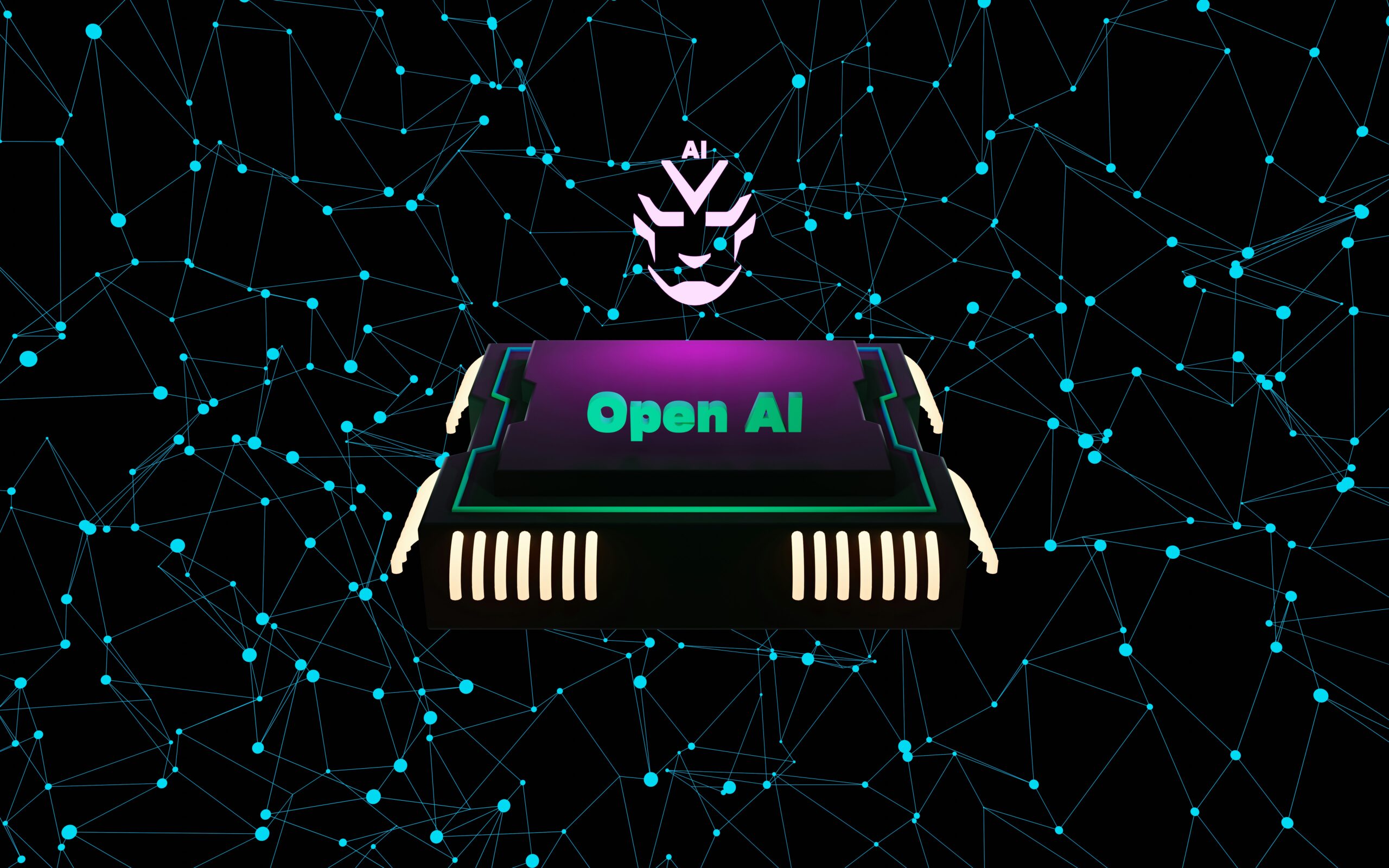Introduction to AI in Education
The integration of artificial intelligence (AI) in the education sector has begun to transform traditional learning environments, presenting novel methodologies aimed at enhancing the educational experience. At the core of this evolution is the ability of AI technologies to process vast amounts of data, which in turn enables personalized learning experiences tailored to individual students’ needs. Through adaptive learning platforms, students can receive customized feedback and resources based on their unique learning styles, pacing, and preferences, fostering a more effective educational journey.
Moreover, AI-driven tools facilitate the creation of dynamic educational materials that can adapt in real-time. For example, intelligent tutoring systems provide students with one-on-one assistance, similar to human tutors, thereby enriching the learning experience by addressing areas of struggle more effectively. Additionally, AI platforms can analyze student performance data to offer insights to educators, allowing for timely interventions and support.
On the administrative side, AI technologies streamline various tasks, such as grading assessments, managing student records, and tracking attendance, which significantly reduces the workload of educators. This automation not only saves time but also allows teachers to focus on more engaging and enriching aspects of instruction, such as mentoring and facilitating discussions. Consequently, AI’s role in education is not just limited to student-facing applications; it profoundly impacts teachers’ workflows and professional development as well.
As these AI innovations continue to shape the educational landscape, both educators and students must adapt to a rapidly changing environment. Understanding the implications of AI in education is essential for navigating future challenges, including developing critical skills that will be vital in the coming years. As we delve deeper into this topic, it is crucial to explore the specific skills that will enable learners to thrive in an increasingly AI-driven world.
Key Skills for the Future Workforce
As artificial intelligence (AI) continues to reshape the workforce, the demand for specific key skills is becoming increasingly evident. Organizations will require professionals who possess a blend of hard and soft skills to thrive in a digitally-driven environment. Hard skills including data analysis, coding, and digital literacy are essential in interpreting and leveraging information generated by AI systems. For example, a study by the World Economic Forum suggests that over 60% of the future jobs will require proficiency in data analysis, underscoring its growing importance across various sectors.
Moreover, coding has emerged as a fundamental competency, not only for software developers but also for professionals in fields ranging from business management to healthcare. Understanding the basics of programming enables employees to work effectively with AI tools and systems, thereby enhancing productivity and innovation within organizations. Equally important is digital literacy, which encompasses the ability to navigate, understand, and utilize technological tools and platforms effectively. Statistics from the OECD indicate that individuals with high digital literacy are more likely to secure employment and adapt successfully to changing job requirements.
On the softer side, skills such as critical thinking and emotional intelligence are projected to be vital in complementing the use of AI in the workplace. As machines increasingly handle routine tasks, human workers will need to apply critical thinking to solve complex problems and make informed decisions. Emotional intelligence, on the other hand, fosters effective communication and collaboration, allowing workers to engage with diverse teams and navigate interpersonal dynamics in an AI-augmented environment.
Ultimately, the future workforce must embrace lifelong learning and adaptability, ensuring they remain relevant in a rapidly evolving job market. This ongoing pursuit of knowledge will be instrumental in not only acquiring these key skills but also in fostering resilience and agility in the face of change.
The Role of Educational Institutions and Training Programs
As the landscape of work continues to evolve with the advancements in artificial intelligence (AI), educational institutions are increasingly positioned as fundamental players in preparing students for these shifts. Schools, universities, and vocational training programs are realizing the necessity of integrating AI-related skills into their curricula to equip learners with the competencies essential for the modern job market. This alignment between education and AI technologies is vital to fostering a workforce that can thrive in an AI-driven economy.
Curricula are being redesigned to include courses focused on data science, machine learning, and automation, among others. Such programs are often complemented by hands-on learning opportunities, allowing students to apply theoretical knowledge in practical settings. For instance, many academic institutions are now offering interdisciplinary degrees that merge technology with other fields, including business, healthcare, and art. This fusion not only enriches the learning experience but also prepares graduates for diverse career paths in a rapidly evolving environment.
Furthermore, to enhance the relevance of education, partnerships between educational institutions and industries are becoming increasingly prevalent. These collaborations provide students with exposure to real-world applications of AI while allowing businesses to identify and nurture potential future employees. Internships, co-op programs, and collaborative research initiatives create pathways for students to acquire invaluable experience and insights into the latest industry trends and demands.
Additionally, by engaging with industry leaders, educational programs can stay updated on technological advancements and adjust their offerings accordingly. This ongoing dialogue between the education sector and the technology industry ensures that the skills being taught remain relevant and aligned with employer expectations. Ultimately, the proactive involvement of educational institutions and training programs is essential for fostering a workforce prepared to navigate the complexities of an AI-enhanced future.
Conclusion: Embracing Change for Future Success
As we look toward the future, it is undeniable that the landscape of learning is undergoing significant transformation driven by advancements in artificial intelligence. The critical skills necessary for success in the coming years have been identified, and these involve not only adapting to technological innovations but also cultivating an adaptive mindset. The urgency for both individuals and educational institutions to embrace these changes cannot be overstated. Flexibility, critical thinking, and emotional intelligence are becoming increasingly vital as we navigate an ever-evolving world.
Moreover, fostering an environment conducive to continuous learning and adaptation is essential for thriving in this new era. Educators must actively promote an adaptive learning culture that encourages students to explore, experiment, and engage with emerging technologies. This proactive approach not only enhances the learning experience but also prepares learners to meet future challenges effectively. Institutions should consider implementing curricula that focus on collaboration, problem-solving, and innovative thinking, which are indispensable in today’s dynamic workforce.
On an individual level, learners are encouraged to take initiative in enhancing their skill sets. This may involve seeking out resources, participating in community engagement, or pursuing additional training and certifications that align with the evolving demands of their chosen fields. By being proactive about their educational journey, individuals can position themselves for success and navigate the shifting paradigms of the job market with confidence.
In conclusion, as we advance into an era marked by rapid technological progress, embracing change is not merely an option; it is a necessity. The commitment to continuous learning and adaptation will be pivotal in ensuring that both educators and learners can thrive amidst the challenges and opportunities that lie ahead. The future of learning is bright for those who are willing to embrace change and invest in their personal and professional growth.


No responses yet